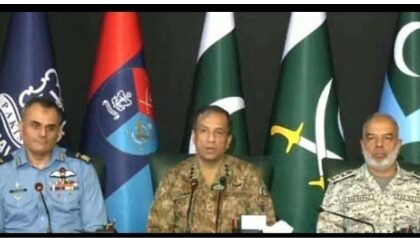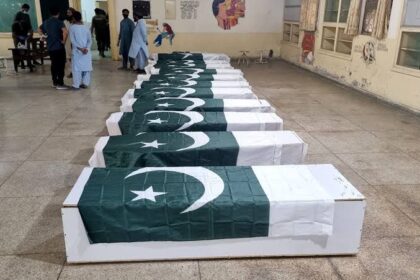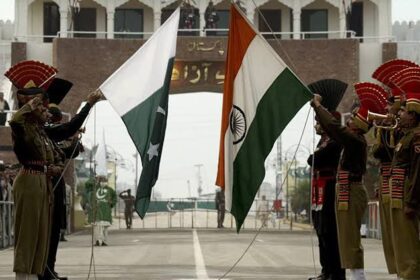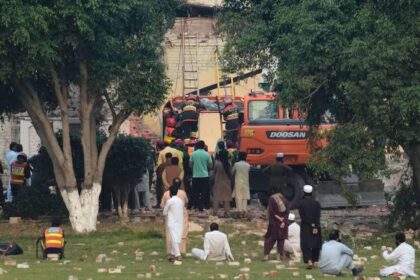The Ministry of Information Technology, along with other departments, has been handed over the task of ensuring the transition of government offices to digital technologies within one month, thus effectively rendering them paperless.
Prime Minister Shehbaz Sharif has issued directives in this regard and has expressed zero tolerance for any delay in the implementation of the e-office system in public departments. He added that the system would ensure transparency in government offices as the file work would be done through digital channels. He further said that the e-office system would help the government improve the governance mechanism. He added that it would further promote digitization. Therefore, the premier has sought a report from the concerned authorities on the implementation of the system within the next two weeks.
It is worth mentioning here that the first office to adopt the e-office system was the Prime Minister’s Office, whose staff has already completed their training in this regard. A week earlier, the first file was sent through the system to the premier.
PWD
As the government moves towards the closure of the Public Works Department, it is reviewing the legal elements of the process and has decided against compensating employees who have been proven to be involved in corruption.
During a meeting held in this regard on Sunday, the premier sought a plan for the transferring of PWD’s ongoing projects to provinces and other concerned authorities. Furthermore, he demanded recommendations regarding the closure of the department, which he said should be given to the federal cabinet. He also directed the concerned authorities to implement the age relaxation scheme to re-employ individuals who are noted to be hardworking and honest.
Reforms
Separately, on Sunday, Deputy Prime Minister and Foreign Minister Ishaq Dar spoke about the government’s vision for the country, saying that they were working round the clock to reform the country’s institutions. He said that the premier was also putting in all effort, and would be able to restore the country’s economy.
He reminisced about the time when the country’s economy was “taking off”. He highlighted that at the time, the national economy was obstructed. He prayed for this round to be safe from such incidents and to be given the chance to make Pakistan “economically prestigious”.
He highlighted that he had served Pakistan as its finance minister multiple times already, and this time around, he had been handed over different responsibilities. He added that the crisis the country was embroiled in was difficult and analysts predicted that the country would get out of this situation in more than a decade. However, he noted, the government was able to steer the country out of this situation in three-and-a-half years by the grace of God.
The deputy prime minister elaborated the previous statement by saying that back in 2013, Pakistan was facing power outages that went up to 18 hours per day, while terrorism was surging and the economy dwindling. He added that the Pakistan Muslim League-Nawaz (PML-N) government took the country out of these problems. He further said that all major forums admitted this progress, and analysts were predicting that with this pace, Pakistan was on its way to joining the G20.
He, however, lamented that in the years that followed, Pakistan’s economy was ranked 47th in the world. He said that the problems confronting Pakistan today are due to the policies of these four years. The deputy prime minister further said that the government led by Prime Minister Shehbaz was making all efforts to provide economic relief to the people. He substantiated his statement by providing examples of the Rs14 per unit relief in electricity prices to the people of Punjab, and the allocation of Rs50 billion to subsidize electricity for those who use up to 200 units.












